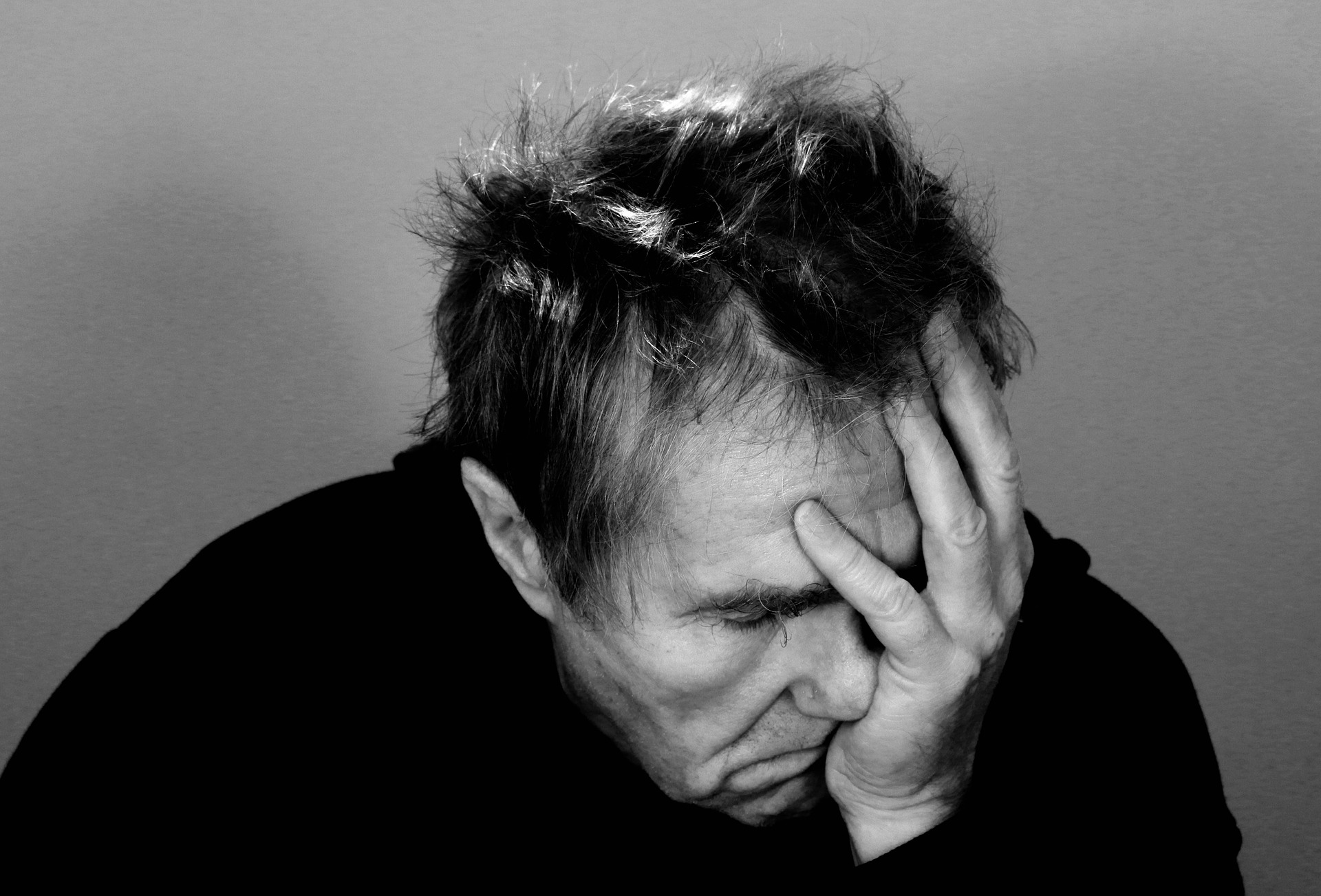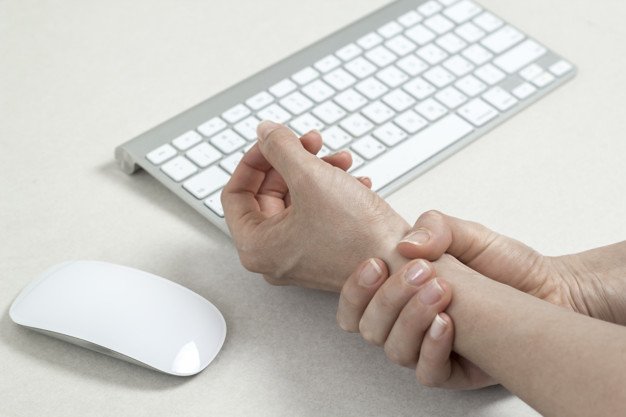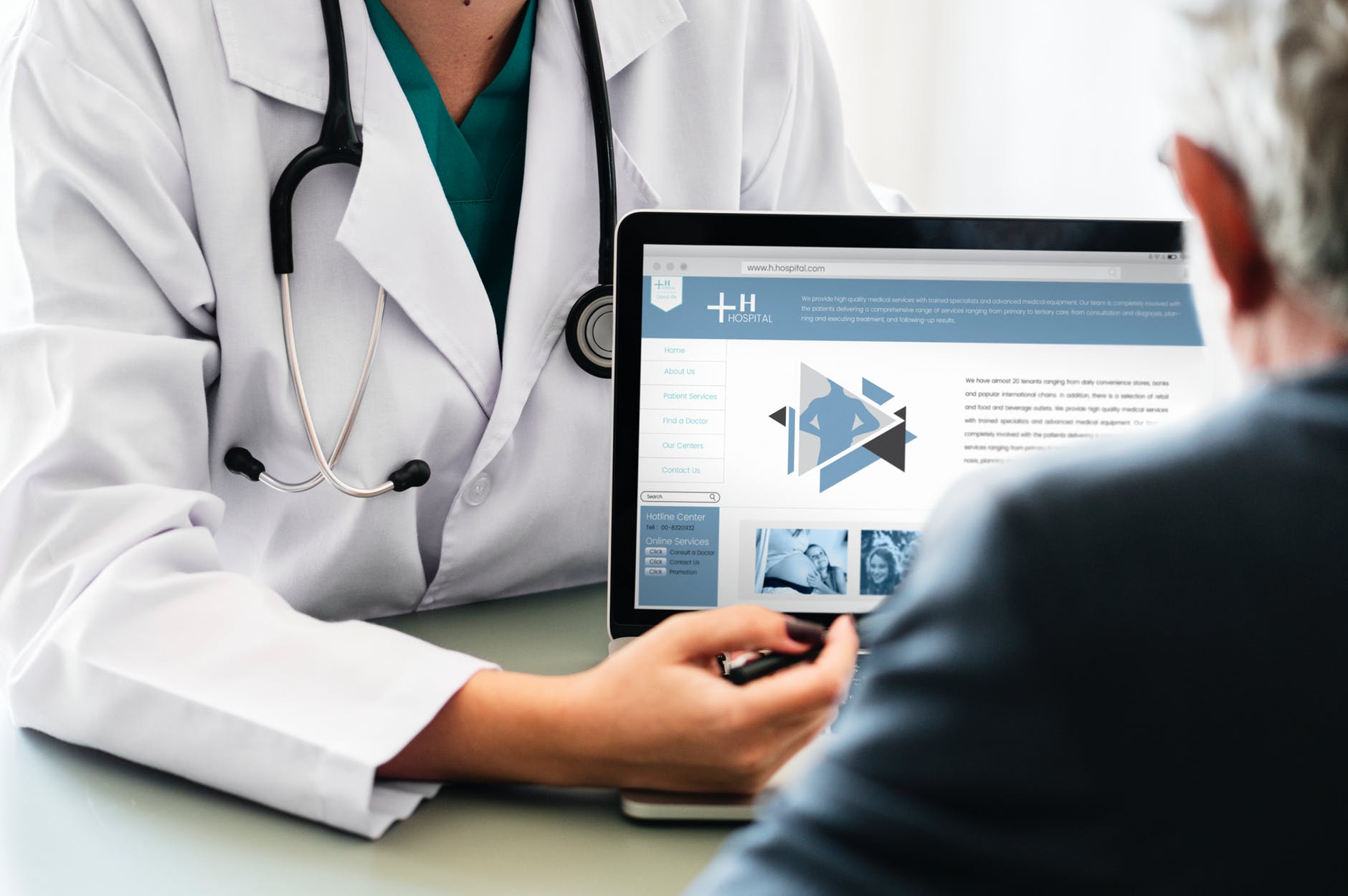The effects of technology on the brain are very real, and very polarizing. Many people love the potential value that technology can have on our ability to function in the world. Others have the idea that the effects are negative and limit us in many ways.
The reality is probably that there are good and bad effects. In any case, side-effects of technology on our minds are worth looking into so we can be aware of them and notice ourselves being affected.
Here are a few interesting ways that technology is affecting human minds.
The Effects of Technology on the Brain:
We’ll touch on a few of the negative and positive effects to give you a well-rounded idea of where we are at in relation to technology. There’s no doubting the value of unlimited information, but it’s difficult to deny the addiction and change in social behavior that technology can bring.
Let’s get started.
1. Our Taste Buds Can Respond Differently to Food:
Once upon a time, the dinner we prepared for ourselves was a welcome meal that we took for what it was.
Research has shown that people who scroll through images of meals on Instagram and Pinterest before they eat actually enjoy their meal less. The idea is that the perceived value of the food online diminishes how you feel about your own food by comparison.
2. We Can Relax About the Small Details:
Our ability to access unlimited practical information at a moment’s notice frees up a lot of time for us to relax and enjoy what we’re doing. Things like directions, hours of a store, and more are all things that we would sweat once upon a time.
Those details are now guaranteed to be available at all times, so we don’t need to think about them until we need them.
3. Our Memory Could Be Diminishing:
Our brains are complicated and adaptable to the way things are changing. When we notice an area where we can free up more room to think about other things, we do so.
What we’re talking about is the need for us to remember trivial information. Little things like directions, phone numbers, historical facts, actors’ names, and more are all things that our brains know we can look up on our phones.
That means we don’t have to set space aside to remember those things, so, more and more often, we don’t remember them. We just pull out our phones and look the information up.
4. Social Development:
The overwhelming presence and use of social media is a brand new thing in the scheme of human development. Within the last decade, children have gone through adolescence with benefit and harm of social media on their lives.
The self-consciousness of a virtual self is a new thing, and we have yet to fully grasp how it will change people in the long-run.
5. Lesser Concern for Safety:
One of the overwhelming benefits of technology on our brains is that we are now more comfortable with our safety.
As technology advances, our physical and financial safety improves. Studies have shown that the absence of this kind of stress is greatly beneficial to the health of our brains.
6. Sleep Disruptions:
A lot of evidence suggests that the light emitted from our laptops, smartphones, and tablets sends conflicting signals to our bodies. Our circadian rhythms are thrown off, with our bodies taking light as a message to stay awake.
You may have noticed that it’s difficult to get to sleep after a long night of using the computer or extended cell phone use.
7. Attention Span:
Information comes to us quickly and we can consume it fast, too. There aren’t a lot of pieces of the modern technology puzzle that require people to sit and think, focus, or pay attention anymore.
Seeing as we are regularly using technology, it means that we are regularly not developing longer attention spans.
8. New Forms of Identity:
One interesting change that technology has brought is the ability to construct an identity through the technology you possess. One clear example of this is the split between Mac and PC users.
Things like Nixon watches and other items can help a person to express how they feel as a person.
9. Self Help:
Interestingly, the problems or stressors that are sometimes caused by technology can be solved by it too. Take anxiety, for example.
The anxiety related to excessive social media use could be partially treated by applications or information found online that is intended to treat anxiety.
10. Improved Decision Making:
While parents everywhere are concerned about the impact of first-person shooters and similar games on their kids’ brains, evidence suggests that such games could have benefits on cognition.
Vision and decision making skills are improved in some cases when individuals spend a lot of time playing games like first-person shooters.
11. Memory Formation:
The use of phones in situations that previously were absent from technology has a potential effect on our formation of memories.
While we’re swiping away, life goes on around us. Our concentration is situated on the screen, distracting us from the sensory information that converges to form concrete memories.
12. Interconnectedness:
Subcultures and groups of like-minded people have the ability to connect on levels that were never thought possible in the past. One group of people who like a specific film can have hours and hours of discussion with a similar group across the world.
Not only that, but those groups can expand outward, recruit new members, form friendships, and that group will create subgroups. The point is, people are interconnected to others in the world who share their interests and beliefs.
Jump Onboard and Be Mindful:
The effects of technology on the brain are very real, and sometimes it’s difficult to tell what is helping and what’s hurting. In most cases, the value of an effect will depend on the person.
Technology is here to stay, though. Everything from interviews to paychecks is handled online, and we have the information to keep you informed and on top of things.
Read Also:

























